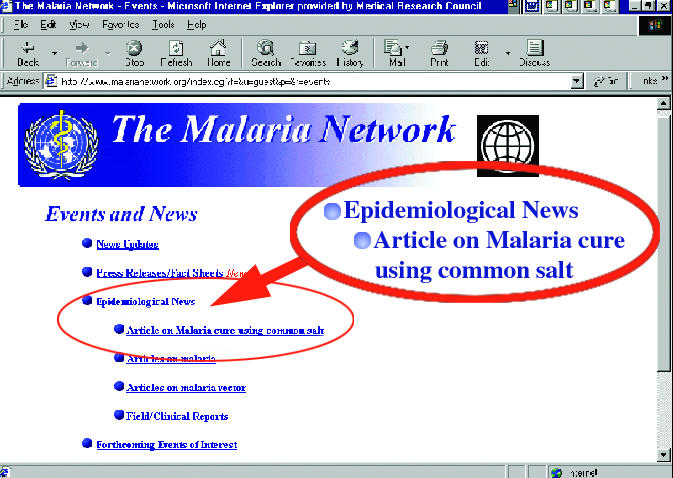Editor—A news item about the Oxford 2000 conference on tropical medicine reports my address at the meeting.1 Readers may have been left with a negative impression of Roll Back Malaria from Yamey's précis of my remarks. I therefore wish to underscore my view that this is an extremely important and impressive global project, which has the promise to reinvigorate the global effort to control the disease. My colleagues and I at the Center for International Development at Harvard greatly applaud the effort; indeed we have worked closely with Roll Back Malaria in preparing some of the background analysis of the heavy economic burden of malaria in Africa.
The purpose of my remarks was to emphasise the need for Roll Back Malaria and the donor agencies that are partners within it to implement an independent, scientifically driven review panel under the auspices of the World Health Organization. Such a panel would screen malaria control proposals from endemic countries and would urge ample and immediate funding for those thought likely to achieve success. Such an arrangement would serve as a quality check that malaria control projects are scientifically sound. The fact that the projects have passed scrutiny would help give donors confidence that they can commit the much larger funds needed for malaria control without them being wasted.
References
- 1.Yamey G. Global health agencies are accused of incompetence. BMJ. 2000;321:787. . (30 September.) [PMC free article] [PubMed] [Google Scholar]



